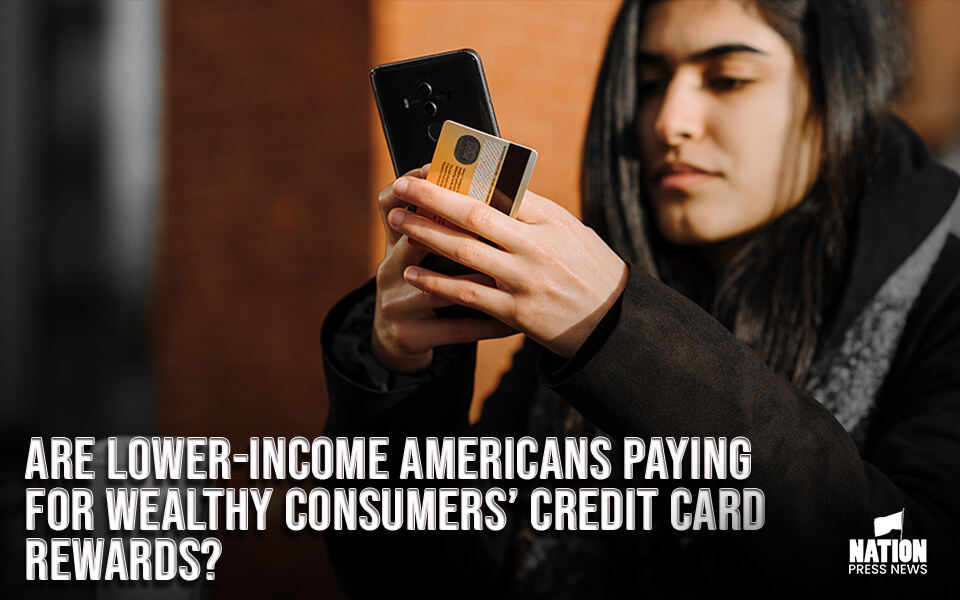Are lower-income Americans paying for wealthy consumers’ credit card rewards? Some economists say they are
Credit card rewards programs have become increasingly popular, with approximately 90% of credit card spending being done on rewards cards.
By strategically maximizing rewards, consumers can save hundreds of dollars annually. However, a study conducted by economists, including Sumit Agarwal from the National University of Singapore, suggests that the rewards system creates a redistribution of wealth, exacerbating existing disparities.
In 2019, the largest U.S. banks paid out nearly $35 billion in rewards to customers who utilized these credit cards.
To understand the source of this money, it’s crucial to examine the revenue generated by credit card companies.
Banks reported over $140 billion in revenue from credit cards that year, derived from various sources: $9.9 billion from fees, $89.7 billion from interest, and $41.3 billion from interchange fees. Rewards credit cards contribute significantly to this revenue, accounting for more than half of it.
The study by Agarwal and other economists reveals that the rewards credit card system perpetuates inequality by redistributing over $15 billion annually from less educated to more educated individuals, poorer to richer individuals, and high-minority to low-minority areas.
Low-credit-score customers, who are more likely to accumulate debt, spend a disproportionate amount on reward cards to access the rewards.
However, the value of these rewards typically only represents 2% or 3% of their total spending. These customers accumulate debt and incur high interest payments, benefitting the banks.
High-credit-score customers utilize the rewards without accumulating significant debt, essentially being cross-subsidized in the process.
Capital One’s executive vice president, Andy Navarrete, disputes the notion of cross-subsidization, asserting that rewards cards are designed to be independently profitable and that interest payments from customers carrying balances do not fund the rewards programs.
According to Navarrete, the flawed premise behind the study lies in assuming that those who pay interest are subsidizing the profitability of rewards programs overall.
The debate surrounding credit card rewards and their impact on wealth distribution highlights the complex dynamics at play.
While consumers can benefit from these programs when used wisely, there are concerns about the financial burden placed on those who accumulate debt to access rewards.
As discussions on inequality and financial inclusivity continue, it remains essential to explore ways to distribute resources more equitably and minimize the unintended consequences of reward-based credit card systems.







